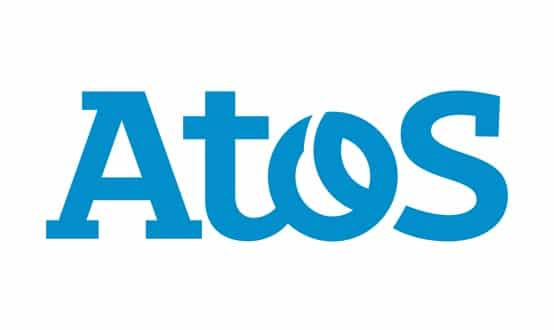Power to the people on the sharing economy
- 8 July 2014

So the great and the good from the Royal Medical Colleges have written to the Times saying the game is up for the NHS unless we accept higher taxes, start charging or cut services.
Well, you can see their point. But what struck me was how stuck in the past these solutions are. It’s a set of nostrums that Nye Bevan or Margaret Thatcher would have been very familiar with. Has nothing at all changed?
The rise of the sharing economy
To see some other futures, let’s start with something completely different. Last week, the French start-up BlaBlaCar raised $100m to let more people share the costs of intercity car journeys by putting those with space in touch with those who don’t want to pay the train or air fare. (A trip from Paris to Brussels with Blablacar will cost you around €20).
Blablacar does for cars what Airbnb does for bread and breakfast – opens up something that was previously owned by the private sector to the new economics of sharing.
People have always had stuff they only need occasionally; be it beds or cars or houses. The web now makes it very easy to share this stuff when you’re not using it.
It is simple to find people who want to use your stuff, paying for it online is a cinch, and many sites generate eBay-like reputations that display your savviness or altruism in gratifyingly public ways.
Meanwhile, you can access a standard set of tools to make sure that what you share is used fairly, legally and well. As a result hotels are having to adapt to fast growing newcomers like Airbnb and taxi firms to car-pooling outfits like Lyft.
Starting ups in health
The motivations behind the sharing economy vary. Sometimes people want the extra income or the cheap service. Sometimes they value the sense of meaning that it comes from sharing with others.
Most commonly, it is a mixture of both: Hosts on Airbnb generate some cash but also meet interesting people in ways that builds trust and transparency.
So what implications if any does sharing have for healthcare? Is there any stuff that patients, carers or staff have that might become part of a sharing economy around health care?
Clearly, much health care is high tech or governed by stringent safety and governance issues. So let’s set aside any idea that the sharing economy could somehow do hernia repairs or run neonatal units.
But carers and patients already share an enormous amount. They support each other through patient organisations and via generic platforms like HealthUnlocked. They give their thoughts and suggestions freely via Patient Opinion and donate their time as research subjects on sites like PatientsLikeMe.
Most important of all those informal carers provide services worth £119 billion for free each year – rather more than the cost of all the professionally-led health services that we spend so much time talking about.
Could the web provide tools that increase the size of the informal caring economy or make it more efficient? Well it looks like it. For example there are several start-ups that make it easier to link informal carers together.
Howz (as in Howz Pete?) is a spin off from work done by NHS Trafford Primary Care Lunch and enables those who visit Pete – and Pete himself – to share the fact that a visit has taken place and to pass on messages about what happened.
This includes professionals – GPs and district nurses are able to upload their notes to Pete’s Emis or SystmOne record if they wish.
Howz the future looking?
Just as Twitter lowers the cost of getting in touch with people of interest, so these platforms lower the cost of caring. Along the way they make it possible to take much smaller steps into being helpful.
Instead of ‘volunteering’or ‘becoming a carer’ – both which can feel quite daunting – you could simply join your elderly neighbour’s Howz circle and add your two penn’orth of help as and when it seems needed.
Small steps and lower costs could – once these platforms take off – increase the pool of carers significantly whilst improving the governance and efficiency of the relationships that underlie all caring work.
None of this is inevitable. Working with these new resources will challenge professionals used to controlling the caring resource and none of these new start-ups has yet gone viral so we are still awaiting full proof of concept.
But if all the current consensus has to offer is a dispiriting mix of co-payments, higher taxes or slashed services, then understanding how to help carers offers some hope.
After all, if we could just increase that £100+ billion of informal caring by 10% and make it 10% more efficient that would be worth £20 billion per year. Or 20 times what paying £10 to visit your GP would raise.


Paul Hodgkin
Paul Hodgkin is founder and chair of Patient Opinion, a website on which patients, service users, carers and staff can share their stories of care across the UK. Patient Opinion is a not-for-profit social enterprise based in Sheffield.
Until 2011, Paul also worked as a GP and has published widely including in the BMJ, British Journal of General Practice and the Guardian and the Independent. Follow him on Twitter @paulhodgkin.




